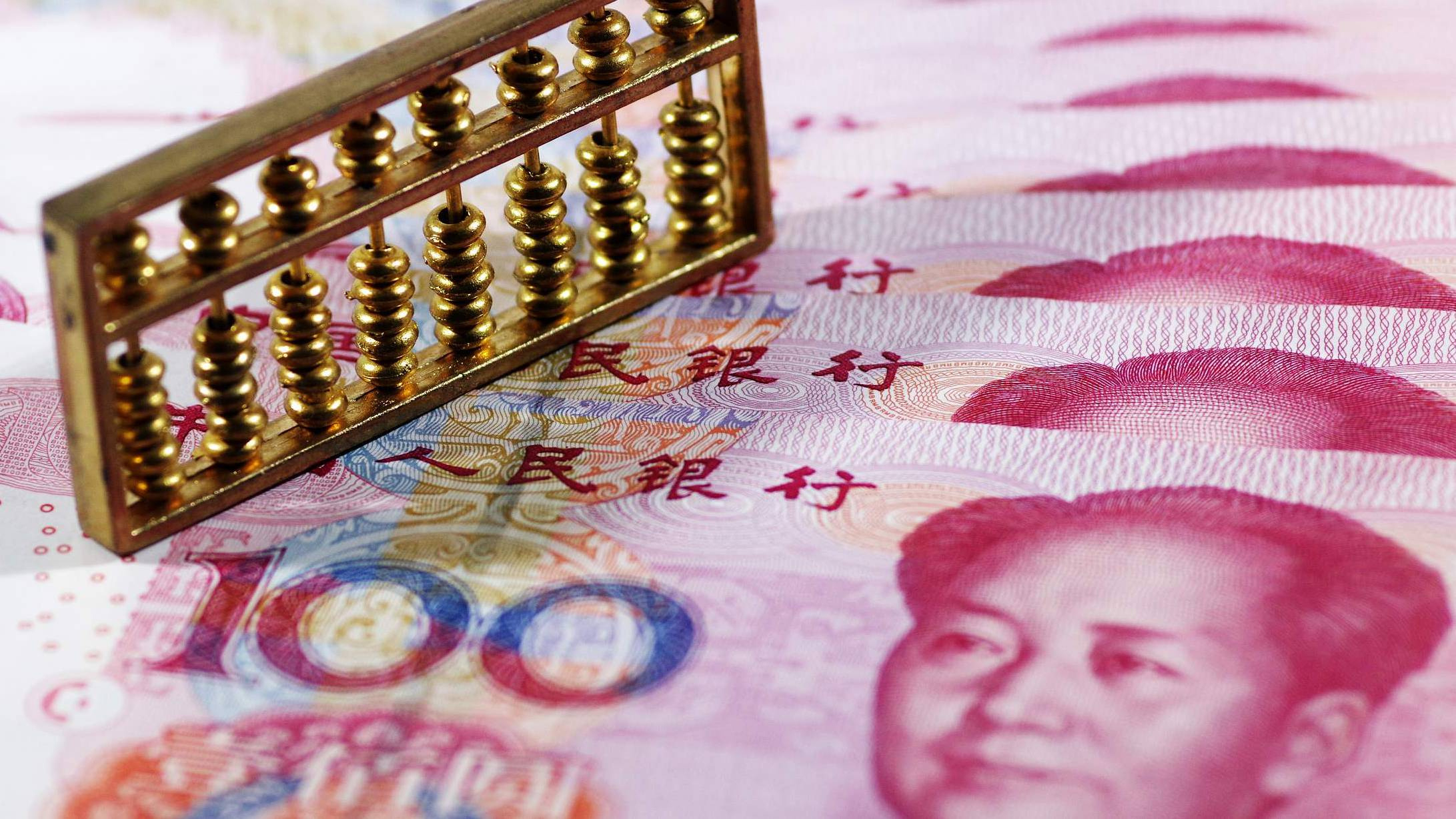02:35

Experts are projecting that the recent policy easing by China's monetary authorities will effectively shore up market sentiment and the broader economy and they continue to see a silver lining in some sectors of the A-share market. That's according to Theodore Shou, chief investment officer of Skybound Capital.
During the past few days, China's financial regulators have unveiled a basket of measures – including the People's Bank of China supplying 1.2 trillion yuan to the money market to prevent unexpected market fluctuations and ensure ample liquidity – to ensure the stability of the financial market as the country steps up the fight against the spreading coronavirus.
However, the market didn't seem to be encouraged by the move when it reopened after a break on Monday as Chinese stock and commodity markets were decidedly in risk-off mode. The Shanghai Composite Index shed 8 percent to hit a one-year low, which wiped off almost 370 billion U.S. dollars in market value. Many analysts are wondering if the injection will help to stabilize market sentiment.
"I think it's more because the market was expecting and still is expecting some further easing policies, particularly required reserve ratio and broad interest rate. At the same time, I appreciate the central bank not rushing to a knee-jerk reaction," Shou added.
He also mentioned that after a more comprehensive assessment, it's highly likely that we'll see monetary and fiscal easing policies being gradually rolled out, maybe in next month, which will surely stimulate not just the market, but the overall economy as well.
Sector-wise, Shou said transportation, certain infrastructure, ports, airports and retail sectors are definitely likely to be negatively impacted with online entertainment, e-commerce, logistics and biotech sectors benefiting from the health crisis.
02:14

Other experts echoed the positive comments. "Normally at this time of the year – right after the Chinese New Year holiday, the central bank would tighten liquidity to keep the markets from overheating. However, what we are seeing now is the release of 1.2 trillion yuan on the same day that 1.05 trillion yuan worth of reverse repos are set to mature, meaning that the central bank is injecting 150 billion yuan in net cash. That's to fend off risks posed by the coronavirus," said Professor Sheng Songcheng of the China Europe International Business School and a former PBOC official.
Businesses are under pressure because many factories can't resume production while facing rent and inventory costs.
To reduce their suffering, China's financial regulators last week ordered all banks not to suspend or delay lending, or move up loan payment due dates for companies hit by the coronavirus, especially smaller ones. The regulators also asked banks to postpone mortgage and credit card payments for people that have lost income because of the coronavirus. Insurance companies are expected to prioritize settlement claims from infected patients.
"On top of the order, I think we should lay out more targeted, detailed measures to increase funding support for businesses in need. That could help protect the real economy and stabilize our capital market," said Zong Liang, chief researcher of the Bank of China.
(Gao Songya contributed to the story.)